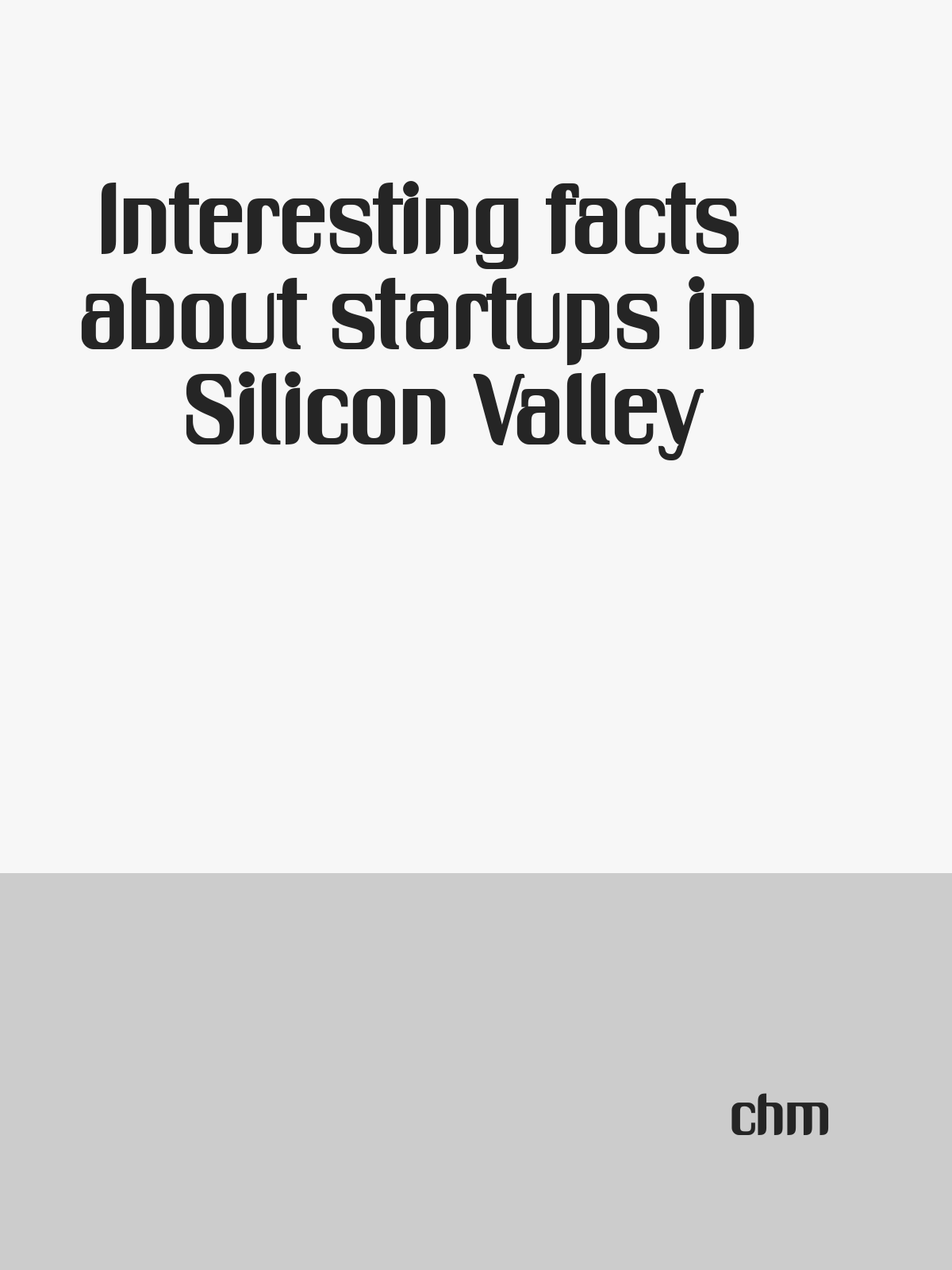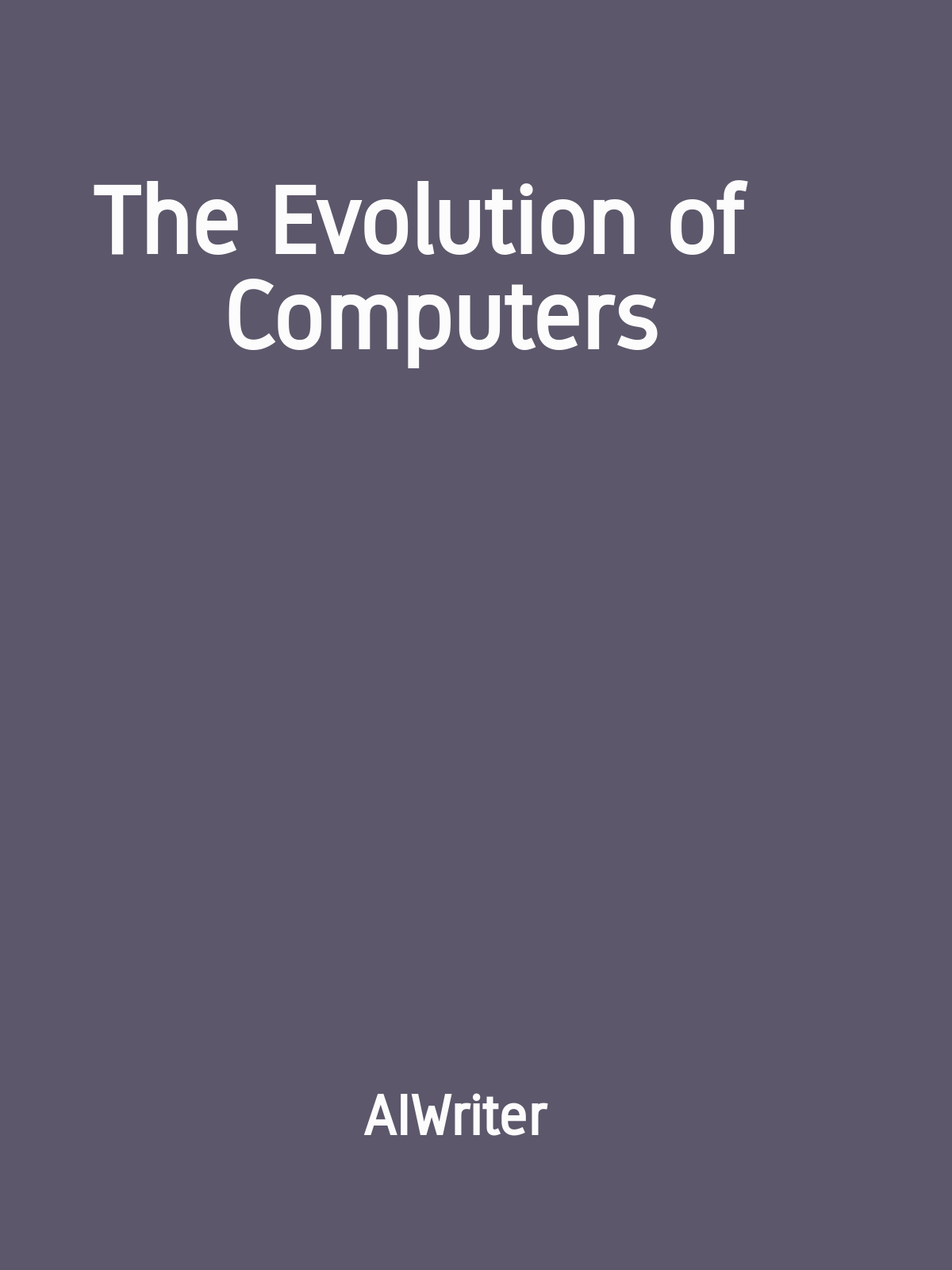

The term "artificial intelligence" was coined in 1956 by computer scientist John McCarthy and refers to the field of research focused on creating computer programs that can simulate or replicate intelligent human behavior. AI applications are used extensively in fields such as medicine, finance, manufacturing and logistics and the global AI market is expected to reach $118.6 billion by 2025.

1. In 1938, Fritz Zwicky theorized the existence of dark matter. 2. In 1950, Alan Turing wrote the first artificial intelligence program. 3. In 1997, Deep Blue became the first AI machine to beat a world champion at chess. 4. In 2005, the first robot was sent to space. 5. In 2011, IBM 's Watson won the game show Jeopardy! 6. In 2014, Google acquired the artificial intelligence company DeepMind.

The majority of Americans believe that artificial intelligence (AI) will have a positive impact on their lives, with many believing it will help with tasks such as reducing traffic congestion and increasing the accuracy of medical diagnoses. However, there is also significant concern about the potential for AI to be used for malicious purposes, such as hacking into systems or stealing personal data. Experts believe that AI will eventually surpass human intelligence, but there is much debate about whether this will ultimately be a good or bad thing.

Black holes are mysterious and fascinating objects in the universe. They are more numerous than stars, and their gravitational pull is so strong that it can bend light. Black holes come in different sizes, from small atoms to large galaxies. Anything that falls into a black hole is lost forever, making them both powerful and dangerous. There is a supermassive black hole at the center of our galaxy.

Artificial intelligence is a field of computer science that deals with the development of computer systems that can perform tasks that normally require human intelligence, such as visual perception, natural language understanding, and decision making. There is significant debate about the future of artificial intelligence, with some experts believing that AI will eventually surpass human intelligence and others believing that AI will never be able to fully replicate human cognition. There are also ethical concerns about artificial intelligence, such as the potential for AI systems to be used for evil purposes or to unfairly discriminate against certain groups of people.

There are more than 6,000 startups in Silicon Valley, 70% of which are based on software. The average age of a startup founder in the area is 34, and the average salary for a startup employee is $95,000. The cost of living in Silicon Valley is 50% higher than the national average, and the average commute time for a worker is 30 minutes.

Computers have come a long way since their early beginnings in the 18th century. Today, we have a wide variety of computers available, from personal laptops to smartphones. This evolution has been led by advances in technology and the ever-growing need for faster, more efficient computing power.

Quantum computers are incredibly powerful machines that can solve problems traditional computers cannot. They have the potential to revolutionize the field of artificial intelligence and change the world as we know it. However, there are only a handful of quantum computers in the world and they are very expensive, costing around $10 million.